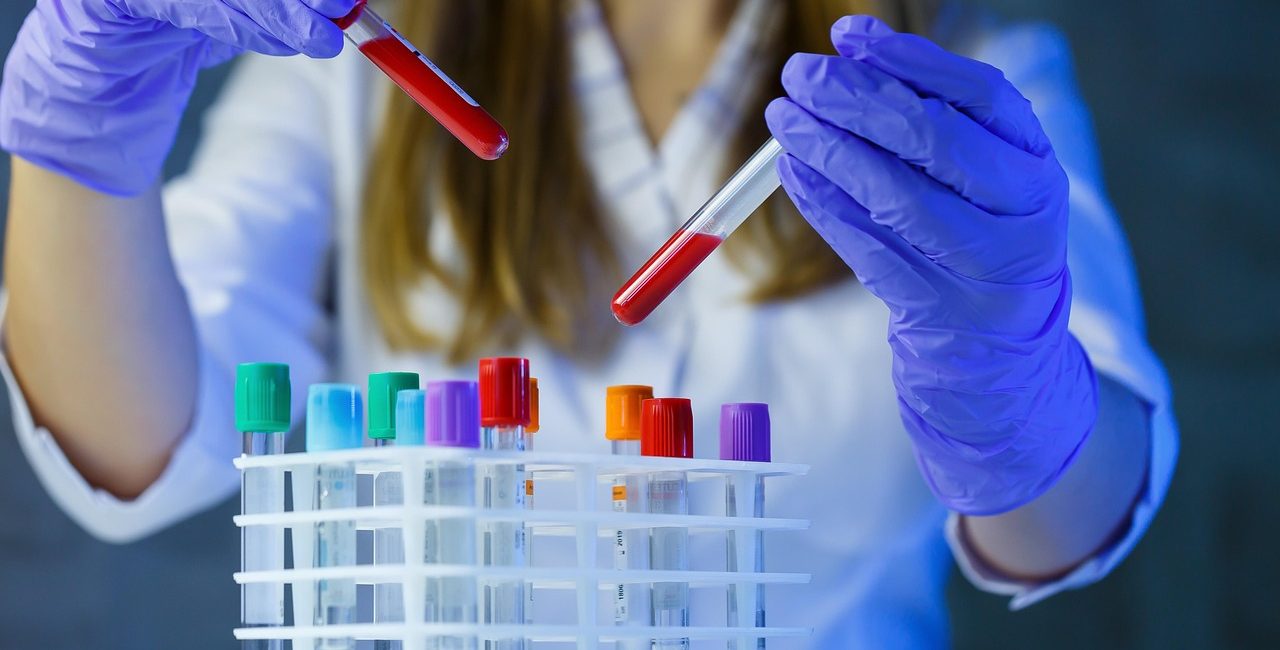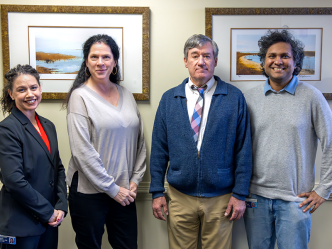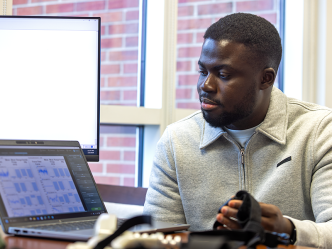New research from the Immunology Center of Georgia is changing how scientists view the autoimmune side of heart disease and raising the possibility of tracking it through a simple blood test.

Payel Roy, PhD, formerly an assistant research scientist at IMMCG and now an assistant professor at the Indian Institute of Science, has discovered that regulatory T cells — immune cells known for preventing inflammation — undergo unexpected changes in patients with cardiovascular disease. These changes, revealed through specially optimized RNA sequencing and bioinformatics, suggest the immune system may play a more active role in damaging blood vessels than previously understood.
“The hope is to have a blood-based monitoring system that could detect these immune changes before symptoms become severe,” Roy said of her study, published recently in Nature Cardiovascular Research.
“It’s also much simpler to collect blood samples to monitor disease progression compared to more invasive tissue biopsies,” she added.
By comparing T cell populations from patients with low to high severity cardiovascular disease, the research team identified specific molecular signatures of dysfunction. Intriguingly, those same signatures appeared in samples from patients with other chronic inflammatory conditions, including arthritis and liver cancer. That overlap points to a broader inflammatory mechanism that might be targeted by existing drugs.
“If similar mechanisms are shared across multiple diseases, some of the many FDA-approved cancer drugs might even be repurposed,” Roy said.
Understanding what drives the immune system to attack the body’s own tissues has long been a challenge in autoimmune diseases. But new technologies are helping researchers map out the complex networks of genes and proteins involved, as well as distinguish between disease-specific and general inflammatory pathways.
“Human disease happens in a messy, interconnected context,” she said. “People don’t just have one condition at a time. The more we understand about the similarities and differences in those immune responses, the better chance we have at finding precise therapies.”

Roy credits her time at IMMCG, a center within the Medical College of Georgia at Augusta University, and the mentorship of co-director Klaus Ley, MD, for shaping her approach to collaboration and translational research. She joined the center shortly after its founding in 2022, following her postdoctoral work with Ley’s lab at the La Jolla Institute for Immunology in San Diego.
“I’ve been very fortunate to have Klaus as a mentor,” Roy said. “The leadership and emphasis on collaboration really shaped how I now run my own lab. Being part of the team that helped launch IMMCG is something I’ll always be proud of.”
Ley takes pride in seeing his mentees become leaders in their own right.
“Payel is an exceptionally talented scientist with a rare ability to bridge deep mechanistic immunology and translational relevance,” he said. “Watching her grow into an independent investigator and now lead her own lab has been incredibly rewarding. Her work is already pushing the field forward, and I’m excited to see where she takes it next.”
Roy’s long-term goal is to identify disease-specific T cell signatures in chronic diseases, much like how a COVID-19 test detects viral markers, to one day build targeted blood tests for autoimmune conditions affecting the heart, kidneys and other organs.
“This is a new era,” she said. “With the sequencing technologies and computational power we have now, we can finally study human disease in the human context.”
Discoveries at Augusta University are changing and improving the lives of people in Georgia and beyond. Your partnership and support are invaluable as we work to expand our impact.
 Augusta University
Augusta University




